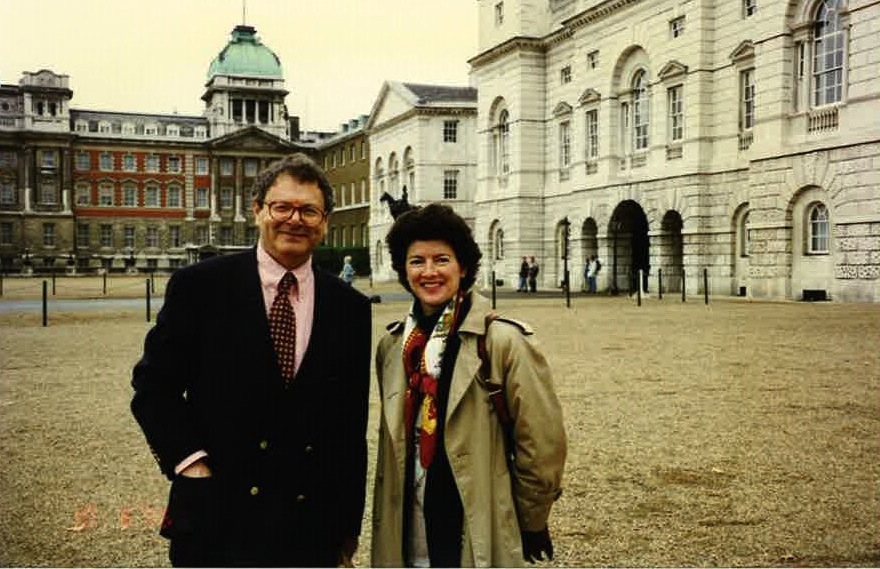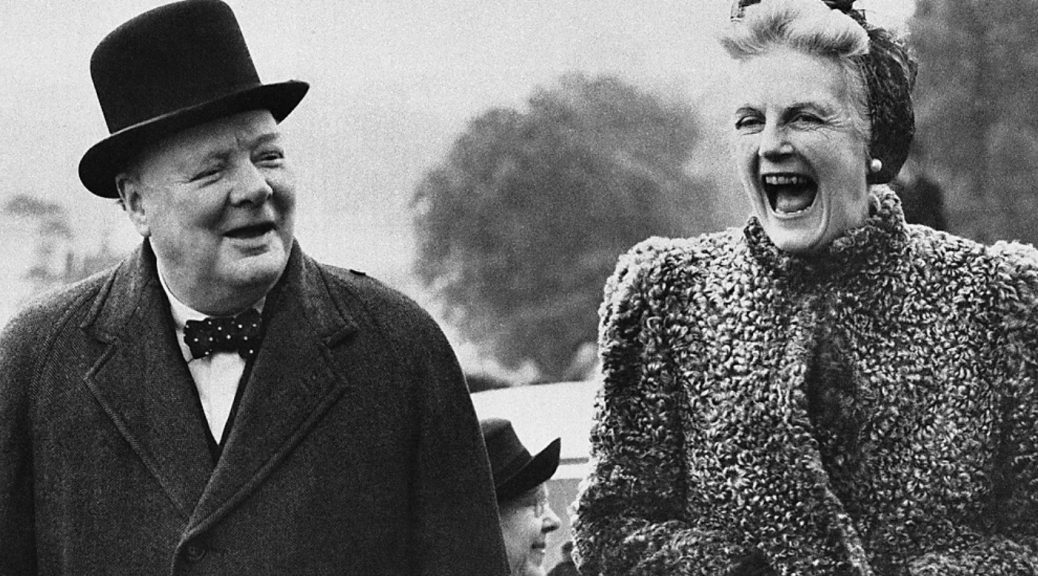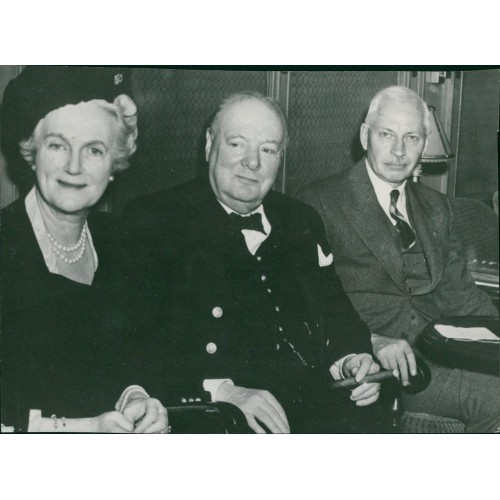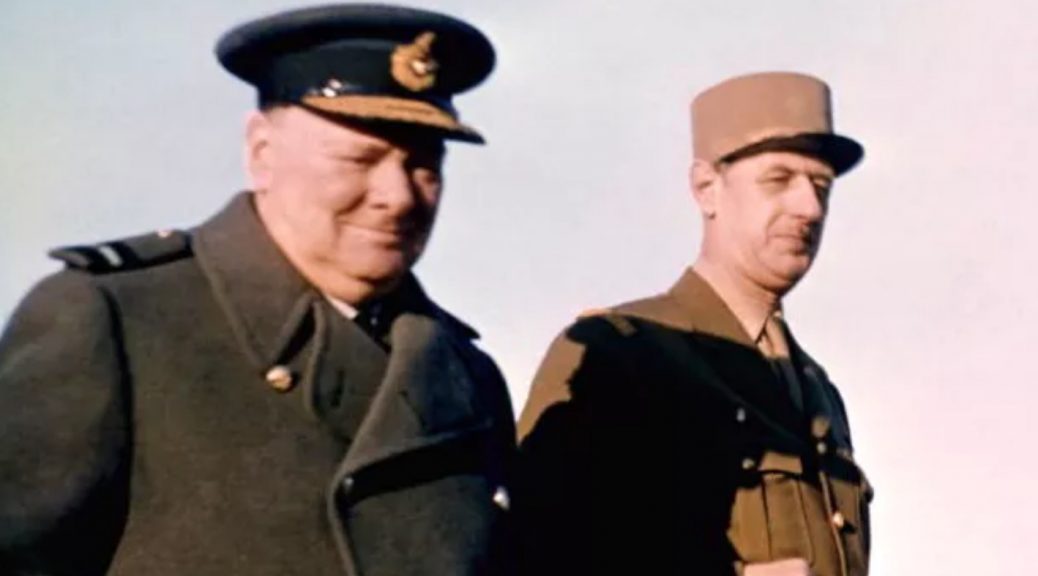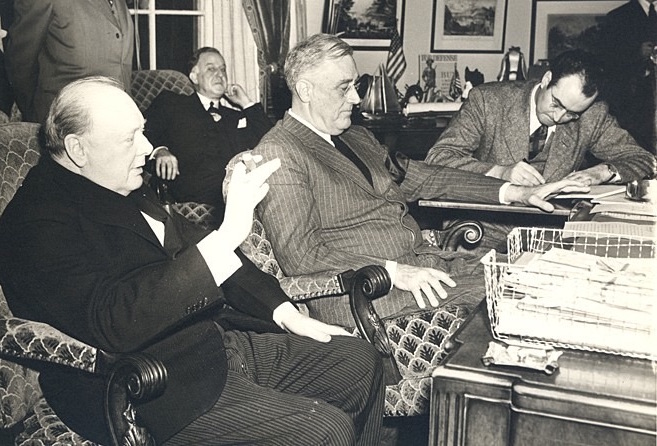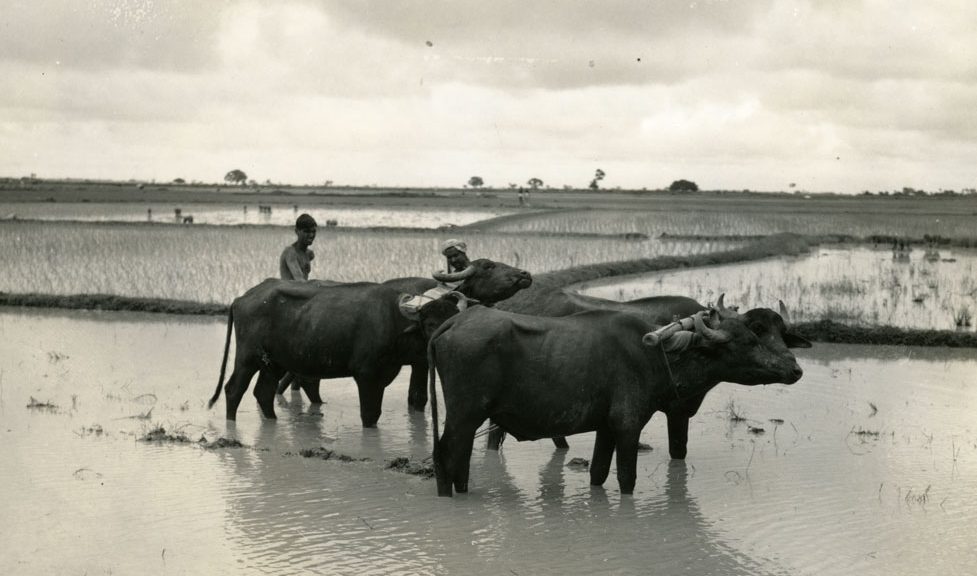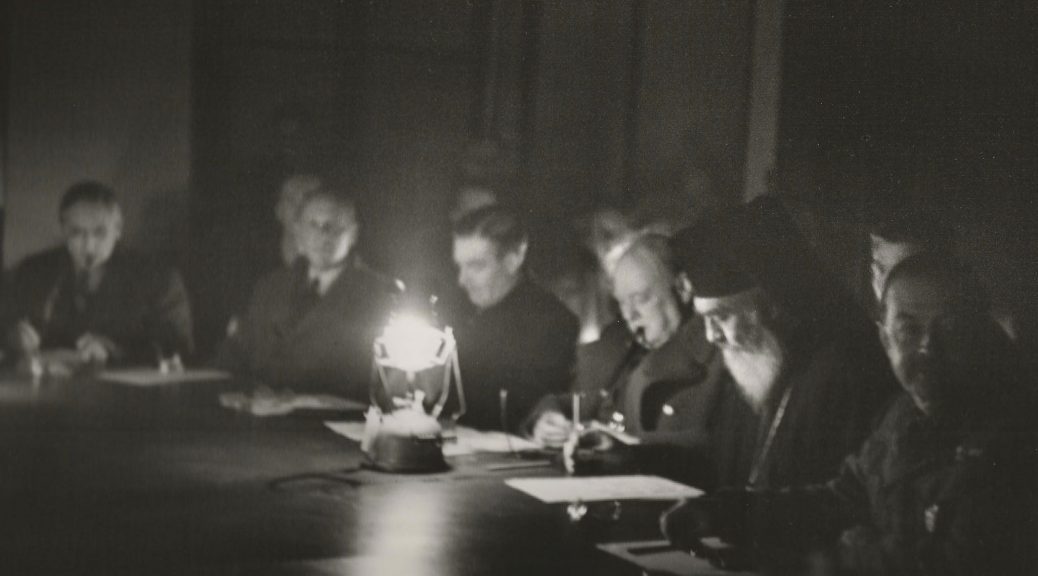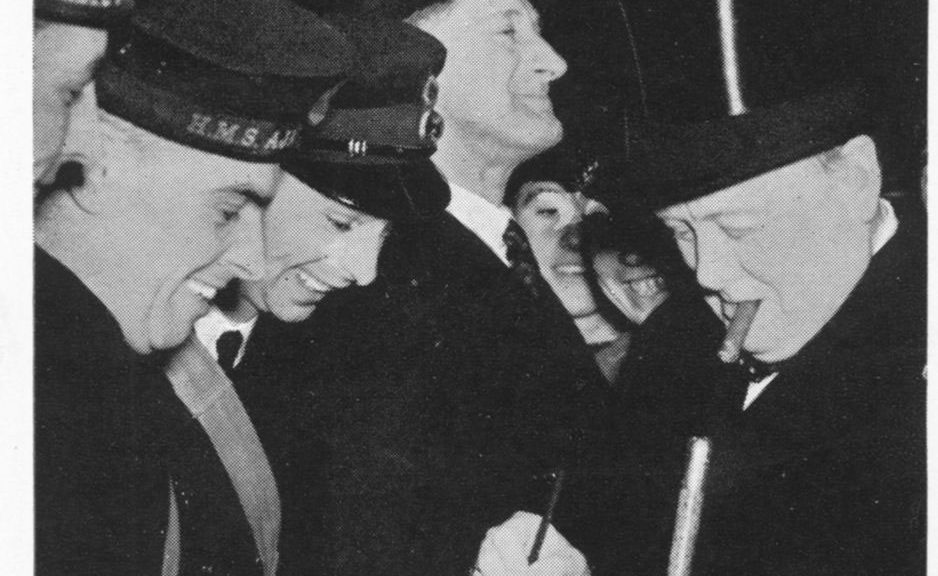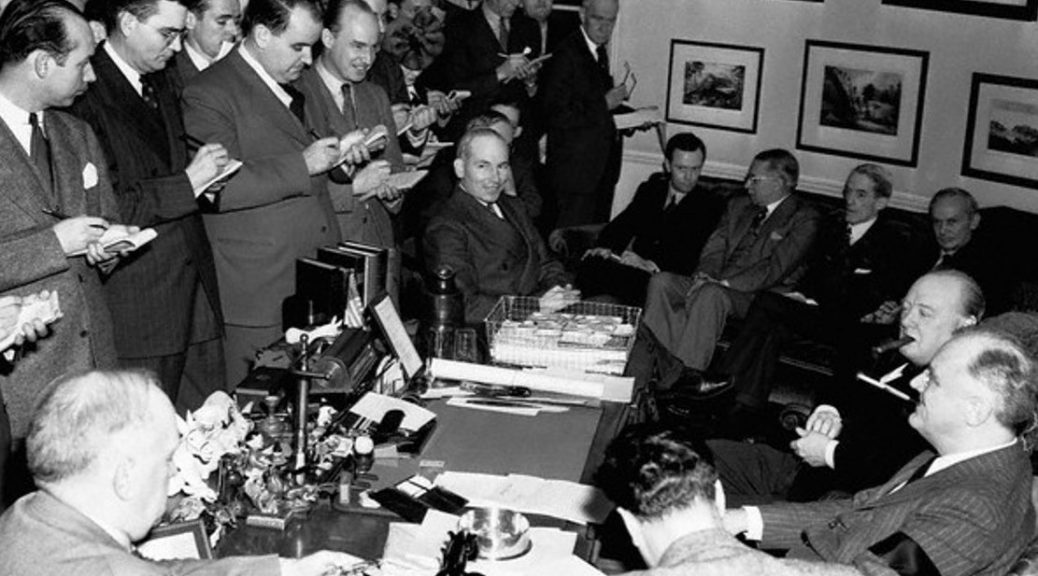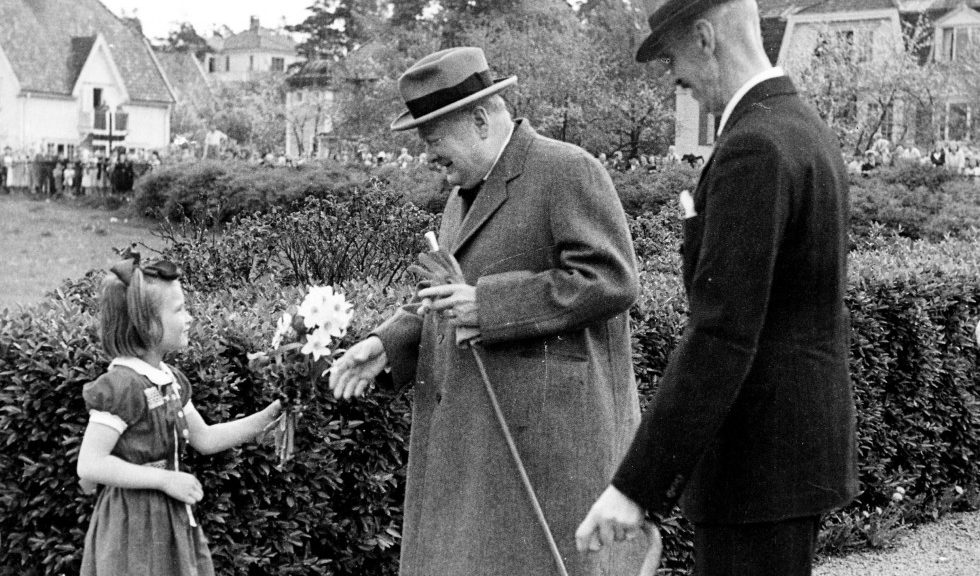
Churchill in Oslo, 1948: Stray Gems from a Distant Past
On 11-13 May 1948, Winston Churchill was in Norway to accept an honorary degree from Oslo University. He gave five speeches—University, City Hall, Storting (Norwegian Parliament) and two dinners. All five can be found in Churchill’s speech volume Europe Unite, or Winston S. Churchill: His Complete Speeches 1897-1963. They offer six gems of Churchillian wisdom. I plan to add them to the upcoming new edition of Churchill by Himself, my book of quotations.
Oslo VariationsA reader reminds us of these obscure orations by sending one: Churchill’s dinner speech on May 12th. His source is Churchill’s Visit to Norway (Oslo: Cappelens, 1949).…
